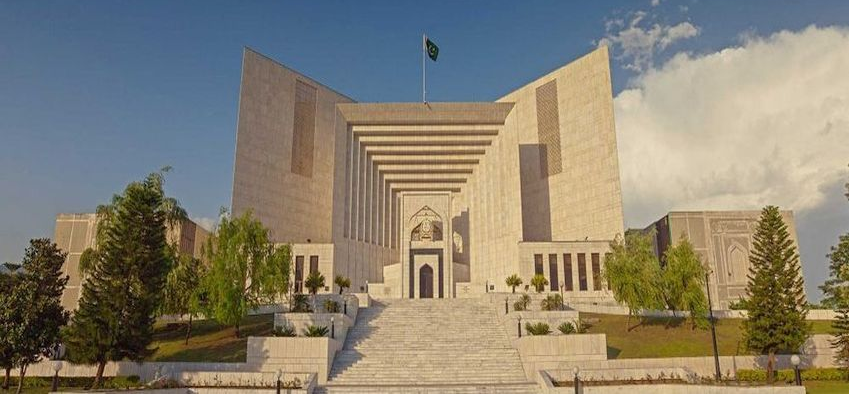Give Preference to the Children of Government Employees at the time of Appointment in Service undermines the Principle of Meritocracy which is essential for Transparency and Good Governance --- Supreme Court of Pakistan
Islamabad 24-09-2024: In a landmark decision, the Supreme Court of Pakistan has reinforced the constitutional principles of merit-based employment in public service, ruling against the preferential hiring of government employees’ children under the employee son’s quota policy. The judgment came in response to [Civil Petition No. 288-P of 2015], where the Government of Khyber Pakhtunkhwa contested the decision of the Peshawar High Court’s Abbottabad Bench, which had ruled in favor of Tahir Mushtaq, the son of a retired government employee.
Tahir Mushtaq had filed a petition in the Peshawar High Court, asserting his right to be appointed to the post of Statistical Clerk/Crop Reporter under the employee son’s quota policy, after his father’s retirement. He claimed entitlement to the job based on a 25% quota reserved for the children of retiring civil servants, as per the instructions issued by the Government of Khyber Pakhtunkhwa on May 23, 2000.
However, the Government of Khyber Pakhtunkhwa, represented by the Additional Advocate General (AAG), challenged the decision, arguing that the post sought by the respondent had been upgraded to a higher grade (BS-5), making the quota policy inapplicable. The government also contended that the respondent did not possess the necessary qualifications for the post.
The Supreme Court of Pakistan, led by Mr. Chief Justice Qazi Faez Isa, set aside the Peshawar High Court’s decision, ruling that the employee son’s quota policy was restricted to Class-IV employees (BPS-1 to BPS-4) and could not be extended to higher posts such as that of a Statistical Clerk/Crop Reporter. Moreover, the Court emphasized the constitutional importance of merit-based recruitment in government service, citing Article 25 (prohibition of discrimination) and Article 27 (merit-based appointments) of the Constitution of Pakistan.
In a critical observation, the Court found that the instructions dated May 23, 2000, relied upon by the respondent, lacked proper legal backing and failed to disclose the competent authority. This, the Court held, was insufficient to justify preferential employment.
The Court also referred to its previous ruling in Province of Sindh Vs. Shahzad Hussain Talpur (2022 SCMR 439), which held that any instructions or notifications issued without specifying the competent authority were legally untenable. It stressed that giving preference to the children of government employees undermines the principle of meritocracy, which is essential for transparency and good governance.
“The people’s interest lies in having the best person for the job, and not to suffer those who secure employment on the basis of a filial relationship,” the Court observed, emphasizing that government jobs should be awarded based on qualification and competency, rather than familial connections.
In a significant advisory, the Supreme Court of Pakistan suggested that the Government of Khyber Pakhtunkhwa withdraw all such instructions or notifications that violate the merit-based system of employment. The Court’s decision reinforces the public’s right to expect fairness in recruitment processes and the state’s responsibility to ensure that all appointments adhere to the principles of transparency and merit.
This ruling is expected to have widespread implications across Pakistan, potentially prompting other provinces to review their employment policies to ensure compliance with constitutional principles. The judgment serves as a reminder that government resources, including employment opportunities, are for the benefit of all citizens, not just a privileged few connected by familial ties.
The decision underscores the importance of aligning public employment policies with the Constitution, ensuring that every citizen has an equal opportunity to serve based on their qualifications and abilities.
Powered by Froala Editor








